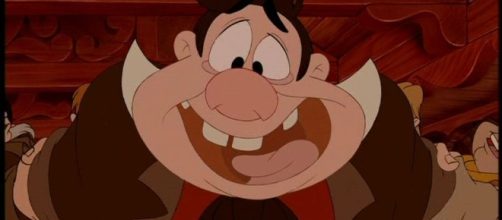Alabama cinemas have announced plans to ban upcoming showings of Disney’s live-action remake of “beauty and the Beast.” The censorship is believed to be a reaction to recent revelations that the film will portray a subplot featuring homosexuality.
The character of LeFou is the center of the censorship
The character at the forefront of the controversy is the villain Gaston's minion LeFou, played by actor Josh Gad. Portrayed in the original film as a great admirer of Gaston, the film's director, Bill Condon, had said that the upcoming remake will portray him as having feelings for Gaston, and that the film would end with “a nice, exclusively gay moment.” It is unconfirmed what exactly the ending will entail for the character, but sources indicate he will be redeemed and get to share in the happy ending, in a sense.
The line of cinemas to impose the ban is Alabama's Henagar Drive-In Theatre, who took to social media to announce their decision. In a released statement, they announced that they felt that they felt compelled to take a stand when "companies continually force their views on us." The company had identified as Christian in nature, and also said that their cinemas aim to showcase films void of controversial content. The upcoming Disney film had been scheduled to play in the cinemas beforehand.
The film has had controversy over content before, including involving Stockholm Syndrome
While the original film did not portray any explicitly gay characters, for years, lyricist Howard Ashman had claimed the film served as a representation for those diagnose with AIDS, with its themes of fear-mongering and a curse that frightens people.
For years, the film had also become controversial with the interpretation that the film’s heroine, Belle, was a victim of Stockholm Syndrome, due to her falling in love with her captor, and that the film depicted it in a positive light. A recent statement from Emma Watson, who portrays Belle in the live-action film, defended the film, saying that her character retains both her “independence” and freedom of thought.”
Neither Gaston nor LeFou appear as characters in the original fairy tale, written by Jeanne-Marie Leprince de Beaumont, itself adapted from an earlier story written by Gabrielle-Suzanne Barbot de Villeneuve. Traditionally, Belle, or Beauty, is antagonized by her elder sisters, similar to the Cinderella fable, and reflecting the story’s origin in the Greco-Roman myth of “Cupid and Pysche.” It is believed that the story had been developed to send the message to young girls to not fear arranged marriages.

